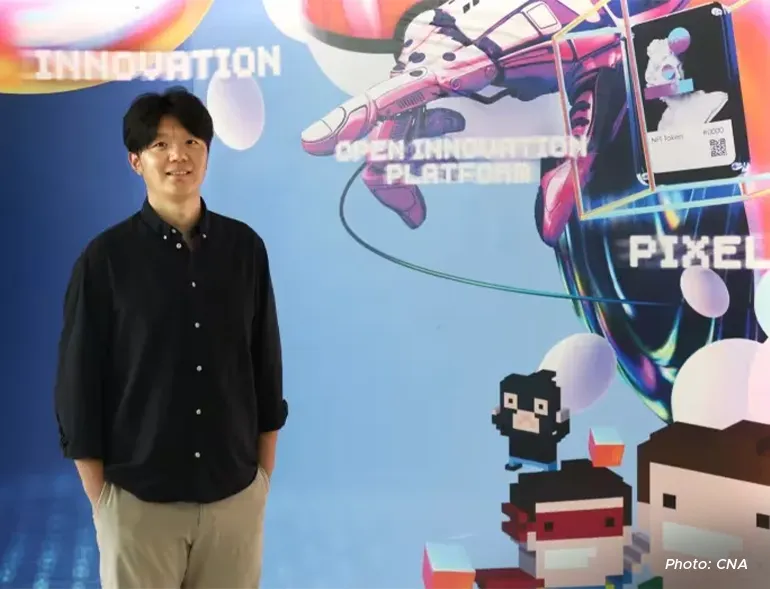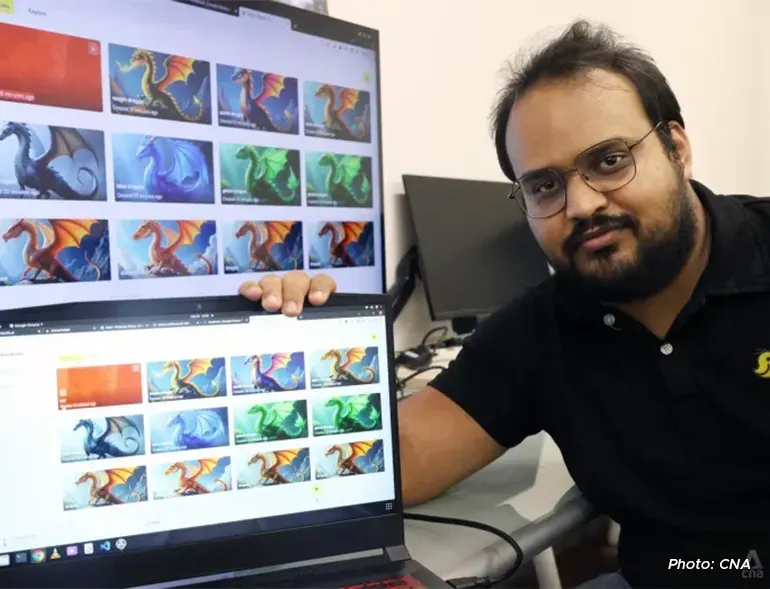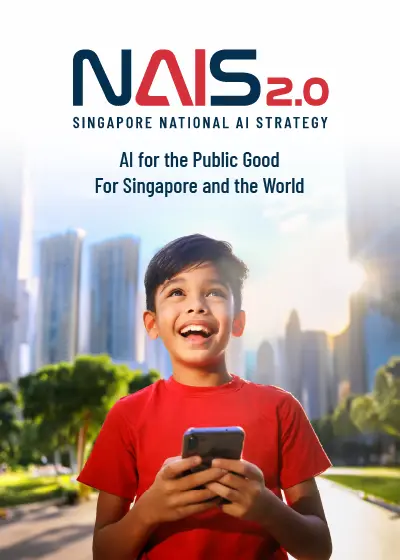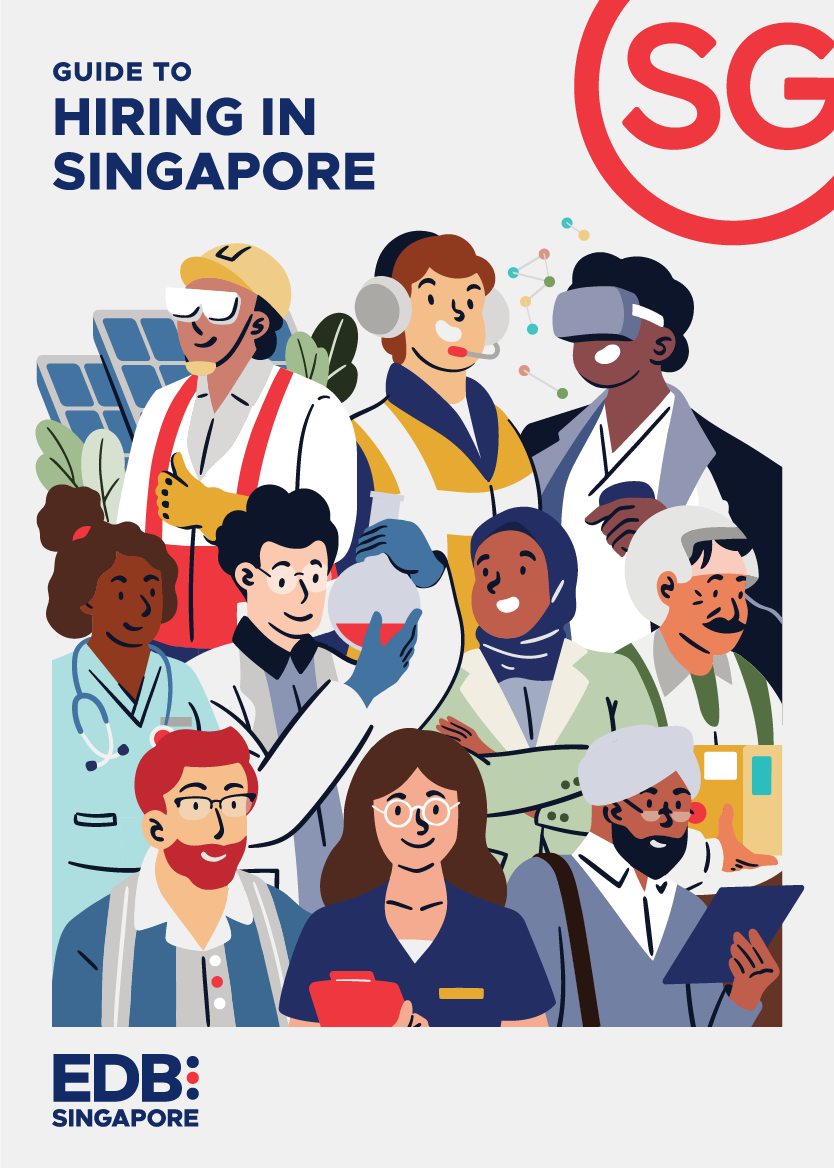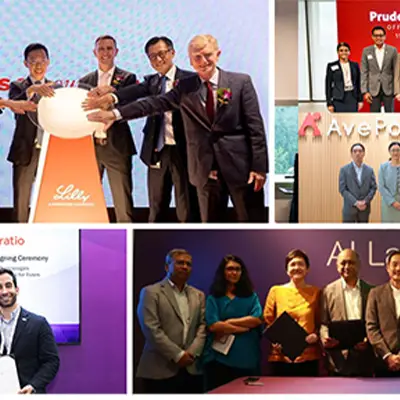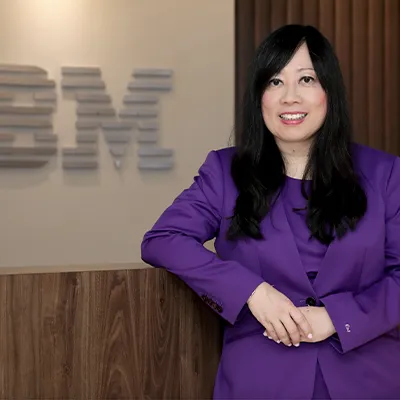“This influx of international companies not only stimulates the local economy, but also fosters invaluable skill transfer opportunities that directly benefit local talent.”
Singapore’s AI strategy is also ensuring AI talent remain here. Besides the family-friendly environment, Ms Koh Juan Zhen, 34, finds the application of her work in Singapore’s healthcare system fulfilling enough to stay put here.
The lead specialist at Synapxe’s Data Analytics and AI team said: “I have realised that in health tech, roles like mine play a crucial part in contributing to Singapore's health landscape in significant ways… which brings me immense pride.”
Some things she has worked on include an AI predictive model to identify high-risk patients with community-acquired pneumonia such as Covid-19 infections.
COMFORT USING AI
Another hurdle to overcome is helping people feel comfortable using AI and ensuring they have a clear understanding of how it works, which is essential for the smooth adoption of AI across industries.
Mr Feng Yuzhang, the head of AI practice at Singapore's Government Technology Agency (GovTech), said that implementing AI solutions often requires changes in workflows, which is sometimes met with resistance.
“So, the first step is to be open and learn how the technology can help you. Second, it’s also about creating deliberate opportunities, like hackathons or ideathons, where people can share ideas and experiment with new technologies,” he said.
“These events allow teams to build prototypes and demonstrate how technology can improve workflows, helping people see the tangible benefits.”
Mr Feng added that having well-thought-out AI solutions that sufficiently address business pain points can improve AI adoption and effectiveness.
HOW IMPORTANT IS COMMERCIALISATION?
Even if these challenges can be overcome, what does it mean for Singapore to be a global leader in AI?
The Republic might be considered a trailblazer in terms of setting international standards for AI governance, such as launching the world’s first Model AI Governance Framework in 2019.
But Singapore does not have a commercialised consumer-facing product like ChatGPT to boast about.
What it does have is SEA-LION (Southeast Asian Languages in One Network), an AI tool that can generate content based on Southeast Asian language and cultural nuances.
The large language model created by national programme AI Singapore may be the first in the region – but is this really a major achievement when the average person on the street is unlikely to have heard about it?
To this, Dr David Hardoon, the chief executive officer of AI solutions company Aboitiz Data Innovation (ADI), said: “If we only pursued things that seemed exciting at the moment, innovations like ChatGPT wouldn’t exist.
“It doesn’t bother me because (the public) will only get excited about it when it’s introduced to them, perhaps years later.”
Dr Hardoon added that meaningful discoveries often come from sustained effort, which takes time, patience, and investment.
So this does not mean SEA-LION is not worthwhile — experts said there is value in creating a sovereign AI that ensures a model is independent of external influences.
Prof Kan of NUS sees it as a meaningful niche for Singapore as its culture and heritage differ from those of its Western counterparts.
“(The project) can also serve as a testbed for understanding ethical issues and value systems imbued in AI models.”
PwC’s Dr Soon agreed, and said that every country needs its own sovereign AI trained on its unique set of data, which includes “culture, language, and colloquialisms — things unique to us”.
“We need to build our own AI based on our data to project our core values globally, ensuring our AI reflects qualities like trustworthiness and resilience, rather than solely relying on open-source models from elsewhere,” he added.
Mr Tham of Accenture said large language models will transform workplace operations significantly.
According to research conducted by his firm, around 44 per cent of current work tasks could be automated or enhanced by these models, highlighting their potential to drive efficiency and reshape job roles across industries.
“By capitalising on this niche, Singapore can distinguish itself as a leader in driving regional and domestic innovation in AI, while building the nation’s capabilities in AI R&D (research and development) and talent development.”
Instead of focusing on commercialisation, Dr Hardoon argued that Singapore could play a significant role in AI development by shifting its focus to a more research-driven approach due to its “excellent” position as a melting pot.
“This makes it an ideal location for integrating different pieces of AI research and applications, and Singapore could leverage this to become a hub where diverse AI technologies are brought together to solve real-world problems.”
EDUCATION AND CAREERS IN AI
With Singapore touted as the perfect test-bed for AI applications across industries, can its talent pool rise to the unpredictable challenges of implementation?
Experts told CNA TODAY that the future workforce will need to master creative problem solving, adaptability, and interdisciplinary thinking — skills crucial for navigating AI’s uncertainties.
Betterdata’s co-founder Kevin Yee said that as AI advances, it can no longer be viewed as a broad, single field. Instead, there are distinct subsections within it.
“For example, some people work on AI for self-driving cars, others focus on agricultural monitoring, some specialise in facial recognition and others work on chatbots and large language models like ChatGPT.
“These are all different areas, similar to how you’d differentiate between a science teacher, a math teacher and a geography teacher,” he said.
Assistant professor of computer science Jonathan David Chase said a traditional computer science degree is still “an excellent choice” for those interested in the technical aspects of AI.
But for others interested in applying AI to a particular domain, an interdisciplinary path is viable too.
“To effectively apply AI to real-world problems, you need people who not only understand the technology, but can understand how it interacts with new problem domains,” said Dr Chase, who teaches at Singapore Management University.
“Studying both AI and fields such as law, economics, marketing, and psychology develops a new dimension of capability that the modern job market is looking for.”
One thing that everyone needs some familiarity with is data, said ADI’s Dr Hardoon, as data is increasingly integral to every aspect of business.
He said businesses must learn to identify problems through a data-driven perspective, but the real challenge lies in translating that information into action.

